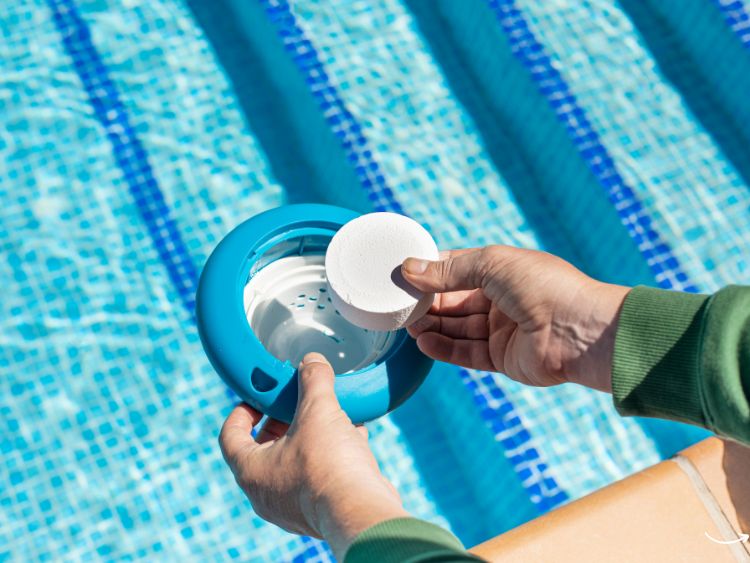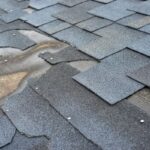Maintaining a gunite pool is essential for its longevity and your enjoyment. A well-maintained pool is not only a pleasure to swim in but also a significant investment in your property. This guide will walk you through everything you need to know about gunite pool maintenance, ensuring your pool remains in pristine condition for years to come.
Ah, the joys of having a gunite pool! It’s your backyard oasis, your go-to spot for summer relaxation, and a favorite gathering place for friends and family. But like anything worthwhile, it requires a bit of TLC. Gunite pools are known for their durability and customization options, but they also need regular upkeep to stay at their best. In this comprehensive guide, we’ll dive into the nitty-gritty of gunite pool maintenance, covering everything from daily tasks to seasonal care. Let’s get started!
What is a Gunite Pool?
Before we jump into maintenance tips, let’s quickly review what a gunite pool is. Gunite pools are made from a mixture of cement, sand, and water, sprayed over a framework of rebar to create a durable, long-lasting pool structure. They are popular for their flexibility in design, allowing for various shapes and sizes, and their resilience to the elements.
Daily Maintenance Tasks
1. Skimming and Cleaning
Daily skimming is crucial for keeping your pool free of debris. Leaves, insects, and other floating materials can quickly accumulate, leading to clogged filters and unsightly water.
- Use a pool skimmer: Skim the surface of the pool each day to remove debris.
- Empty skimmer baskets: Check and empty skimmer baskets daily to ensure they are not clogged.
2. Checking Chemical Levels
Maintaining the right chemical balance is vital for the health of your pool and its users. Test your pool water daily to ensure proper levels of chlorine, pH, and alkalinity.
- Chlorine: Keep chlorine levels between 1.0 and 3.0 parts per million (ppm).
- pH: Maintain a pH level between 7.2 and 7.8.
- Alkalinity: Aim for a total alkalinity level between 80 and 120 ppm.
Weekly Maintenance Tasks
3. Brushing the Pool
Brush the walls and floor of your gunite pool weekly to prevent algae buildup and keep the surface clean.
- Use a pool brush: Select a brush suitable for gunite surfaces to scrub the pool.
- Focus on corners and steps: These areas are prone to algae growth and need extra attention.
4. Vacuuming
Vacuuming your pool weekly helps remove dirt and debris that skimming and brushing may miss.
- Manual or automatic vacuum: Choose between manual vacuuming or using an automatic pool cleaner for convenience.
- Thorough coverage: Ensure you cover the entire pool surface, including corners and steps.
Monthly Maintenance Tasks
5. Inspecting Equipment
Regularly inspect your pool equipment to ensure everything is functioning correctly.
- Check the pump and filter: Ensure they are clean and operating efficiently.
- Inspect the heater: If you have a pool heater, check for any signs of wear or malfunction.
6. Shocking the Pool
Shocking your pool once a month helps eliminate bacteria and organic contaminants.
- Use pool shock: Follow the manufacturer’s instructions for the appropriate amount of shock treatment.
- Run the pump: Keep the pump running to circulate the shock treatment throughout the pool.
Seasonal Maintenance Tasks
7. Winterizing Your Pool
If you live in an area with cold winters, proper winterization is essential to protect your pool from damage.
- Lower the water level: Reduce the water level to below the skimmer.
- Add winter chemicals: Use winterizing chemicals to prevent algae growth and maintain water quality.
- Cover the pool: Invest in a high-quality pool cover to keep debris out and protect the pool structure.
8. Spring Opening
When warmer weather returns, it’s time to open your pool for the season.
- Remove the cover: Clean and store the pool cover properly.
- Refill and balance: Refill the pool to the proper level and balance the water chemistry.
- Inspect for damage: Check for any winter damage and make necessary repairs.
FAQs about Gunite Pool Maintenance
Q: How often should I clean my pool filter? A: Clean your pool filter at least once a month. Depending on usage and debris load, you may need to clean it more frequently.
Q: Can I use a pressure washer to clean my gunite pool? A: It’s not recommended to use a pressure washer as it can damage the gunite surface. Stick to a pool brush and appropriate cleaning tools.
Q: What should I do if my pool water turns cloudy? A: Cloudy water can result from improper chemical balance, poor filtration, or debris. Test and adjust chemical levels, clean the filter, and ensure the pool is free of debris.
Q: How do I prevent algae in my gunite pool? A: Regular brushing, proper chemical balance, and routine shocking can help prevent algae growth. Ensure good water circulation and clean the pool regularly.
Q: What’s the best way to remove stains from a gunite pool? A: Use a stain remover specifically designed for gunite pools. For stubborn stains, you may need to use a pumice stone or consult a professional.
Conclusion
Maintaining a gunite pool may seem like a lot of work, but with regular care and attention, you can keep your pool looking great and functioning perfectly. From daily skimming to seasonal opening and closing, each step plays a crucial role in ensuring your pool remains a sparkling oasis. Remember, a well-maintained pool not only provides endless enjoyment but also adds value to your property. So, dive in and keep up with your gunite pool maintenance – your future self will thank you!
Authoritative Links
- Centers for Disease Control and Prevention: https://www.cdc.gov
- Pool & Hot Tub Alliance: https://www.phta.org
- National Swimming Pool Foundation: https://www.nspf.org
- The Spruce: https://www.thespruce.com
- Pool & Spa Warehouse: https://www.poolandspawarehouse.com.au
By following these tips and guidelines, you can ensure that your gunite pool remains a source of joy and relaxation for years to come.




